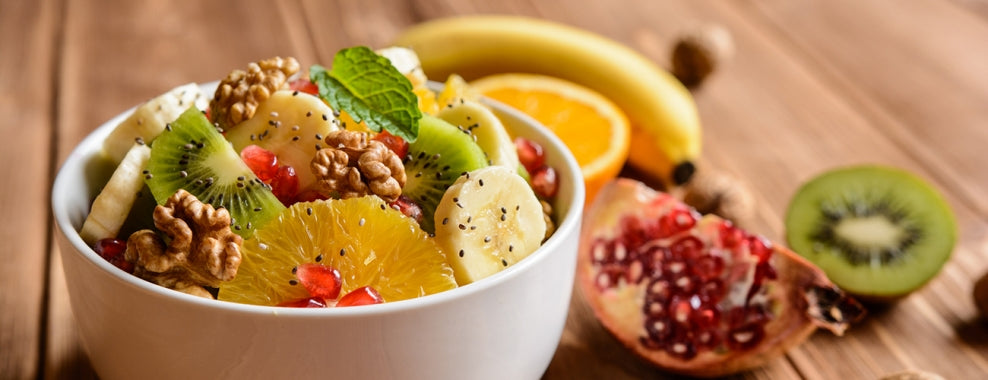Have you ever noticed how you fancy dipping your fingers into the chocolate tin when things are going awry? Comfort eating is just too damn easy. Every time we stop for petrol, we are faced with rows and rows of sugar-laden temptations. We go and buy a magazine and there they are again. Everywhere we look, we are constantly being encouraged to eat ourselves into a slumber -– which is exactly how we feel after having indulged. We know that they contain too much sugar as well as ingredients we can’t even pronounce and that they are not good for us but what about the effect they have on an emotional and mental level?
Food obviously plays a role in how we look but we often forget that it massively affects how we feel. Our outlook in life can change dramatically for the better once we clean up our act. Dense, dark, cooked and dead foods with little to no life force have a very negative effect on our body at a cellular level. In fact, there is a link between junk food and depression. This might not come as a surprise as you read it — it makes sense that junk food will make you feel like rubbish! What you put in, you get out, right? But how often do we consider this when we reach for something to eat? Why don’t you ask yourself this next time? “Is this going to nourish or neglect me?” “Is this going to clog or cleanse me?”
When you eat, you feed not only your stomach but your cells to. If those cells don’t get nourished with the vitamins, minerals and phytonutrients that they need, your body can start to malfunction, making you feel lethargic, irritable, fatigued, anxious or depressed.
You probably already know which foods and drinks are the worst offenders but to clarify, here’s a little list to keep you in the know:
-alcohol
-sugar
-caffeine
-conventional chocolate
-wheat (such as bread, biscuits, and cakes)
-dairy products (such as cheese)
-certain artificial additives (or E numbers)
-hydrogenated fats
Now let’s look at the foods that your body will love you for.
If you want some mood-boosting foods, then stick to complex carbohydrates that trigger the release of serotonin, the hormone that relaxes you and makes you feel gooood! Complex carbs break down slowly releasing sugar into your blood stream giving you a steady flow of energy. Sweet potato and whole grains are great for this.
Essential fatty acids, particularly the omega-3 type found in hemp seeds, linseeds (flax) and their oils, are vital for the formation and healthy functioning of the brain. Other seeds and nuts, such as sunflower seeds, pumpkin seeds, Brazil nuts and walnuts, also contain important ‘good mood’ nutrients.
Choline and lecithin are super important for brain function and have been shown to positively affect certain neurological diseases that involve mood changes. Choline is found in sesame seeds, cauliflower, lentils, oats and linseeds. You can also buy it as a supplement and add to smoothies.
Not only is folic acid essential for pregnancy due to the proven link between folic acid deficiency and neural tube defects (discovered by my co-author Dr. Pam Evans no less!) but low levels of it can cause depression owing to poor levels of serotonin. Green leafy veggies, beans and pulses are brimming with the stuff.
Last and probably the most exciting part of this information is that chocolate, in its raw form, is really good for us! Tryptophan is a neuro-transmitter that helps to regulate sleep and affect our serotonin levels. So get a dose of green leafy veg, whole plant foods, pulses, whole grains and some raw chocolate every now and then and you’ll be a happy camper!
polly Noble
xx
The post How raw food can improve your mood appeared first on Superfood blog - Healthy, Rawfood Lifestyle.


